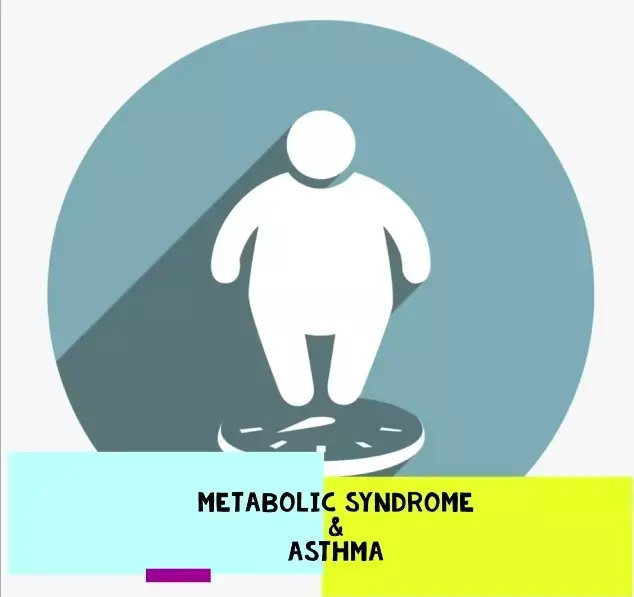- Home
- Medical news & Guidelines
- Anesthesiology
- Cardiology and CTVS
- Critical Care
- Dentistry
- Dermatology
- Diabetes and Endocrinology
- ENT
- Gastroenterology
- Medicine
- Nephrology
- Neurology
- Obstretics-Gynaecology
- Oncology
- Ophthalmology
- Orthopaedics
- Pediatrics-Neonatology
- Psychiatry
- Pulmonology
- Radiology
- Surgery
- Urology
- Laboratory Medicine
- Diet
- Nursing
- Paramedical
- Physiotherapy
- Health news
- Fact Check
- Bone Health Fact Check
- Brain Health Fact Check
- Cancer Related Fact Check
- Child Care Fact Check
- Dental and oral health fact check
- Diabetes and metabolic health fact check
- Diet and Nutrition Fact Check
- Eye and ENT Care Fact Check
- Fitness fact check
- Gut health fact check
- Heart health fact check
- Kidney health fact check
- Medical education fact check
- Men's health fact check
- Respiratory fact check
- Skin and hair care fact check
- Vaccine and Immunization fact check
- Women's health fact check
- AYUSH
- State News
- Andaman and Nicobar Islands
- Andhra Pradesh
- Arunachal Pradesh
- Assam
- Bihar
- Chandigarh
- Chattisgarh
- Dadra and Nagar Haveli
- Daman and Diu
- Delhi
- Goa
- Gujarat
- Haryana
- Himachal Pradesh
- Jammu & Kashmir
- Jharkhand
- Karnataka
- Kerala
- Ladakh
- Lakshadweep
- Madhya Pradesh
- Maharashtra
- Manipur
- Meghalaya
- Mizoram
- Nagaland
- Odisha
- Puducherry
- Punjab
- Rajasthan
- Sikkim
- Tamil Nadu
- Telangana
- Tripura
- Uttar Pradesh
- Uttrakhand
- West Bengal
- Medical Education
- Industry
Controlling Metabolic Syndrome Improves Asthma Symptoms, claims study

Asthma is a major global health issue that burdens people from all regions of the world. It was estimated that 334 million patients are suffering from asthma globally. A recent study published in the journal Endocrine, Metabolic & Immune Disorders - Drug Targets suggests that asthma is associated with metabolic syndrome (MetS), and controlling MetS might improve asthma symptoms.
MetS are characterized as a syndrome in which three of the following symptoms exist: disturbed fasting glucose metabolism, dyslipidemia, obesity and hypertension. Also, increased risk of coronary heart disease, atherosclerosis and diabetes have a direct link with MetS. Hepatic failure, sleep apnea and chronic inflammatory states are also common clinical signs of MetS. Recent studies have shown the association between metabolic syndrome and deterioration of lung functions in patients with asthma. Researchers of the Guilan University of Medical Sciences, Iran, conducted a study that adds evidence for this association.
It was a prospective, randomized, cross-sectional study of 160 asthmatic patients in the Razi hospital f Guilan province. Researchers randomly assigned them into 2groups, 80 patients each. The case group involved an asthmatic patient with metabolic syndrome and, the control group involved an asthmatic patient without metabolic syndrome. Researchers evaluated the blood pressure, height, weight, waist circumferences, fasting blood glucose and lipid profiles. They determined the asthma criteria based on clinical symptoms and GINA criteria. They performed spirometry to evaluate pulmonary function parameters
Key findings of the study were:
• Upon evaluation, they found that the Pulmonary function test including FEF, FVC and FEV1 were significantly lower in the case group compared to the control group.
• Additionally, they found a significant negative correlation between waist circumference, cardiovascular risk factors (including diabetes, hypertriglyceridemia, hypertension) with spirometric indices.
The authors concluded, "Metabolic syndrome causes major declines of pulmonary parameters in asthma patients, thus controlling metabolic syndrome might improve symptoms of asthma."
For further information:
Medical Dialogues Bureau consists of a team of passionate medical/scientific writers, led by doctors and healthcare researchers. Our team efforts to bring you updated and timely news about the important happenings of the medical and healthcare sector. Our editorial team can be reached at editorial@medicaldialogues.in.
Dr Kamal Kant Kohli-MBBS, DTCD- a chest specialist with more than 30 years of practice and a flair for writing clinical articles, Dr Kamal Kant Kohli joined Medical Dialogues as a Chief Editor of Medical News. Besides writing articles, as an editor, he proofreads and verifies all the medical content published on Medical Dialogues including those coming from journals, studies,medical conferences,guidelines etc. Email: drkohli@medicaldialogues.in. Contact no. 011-43720751


